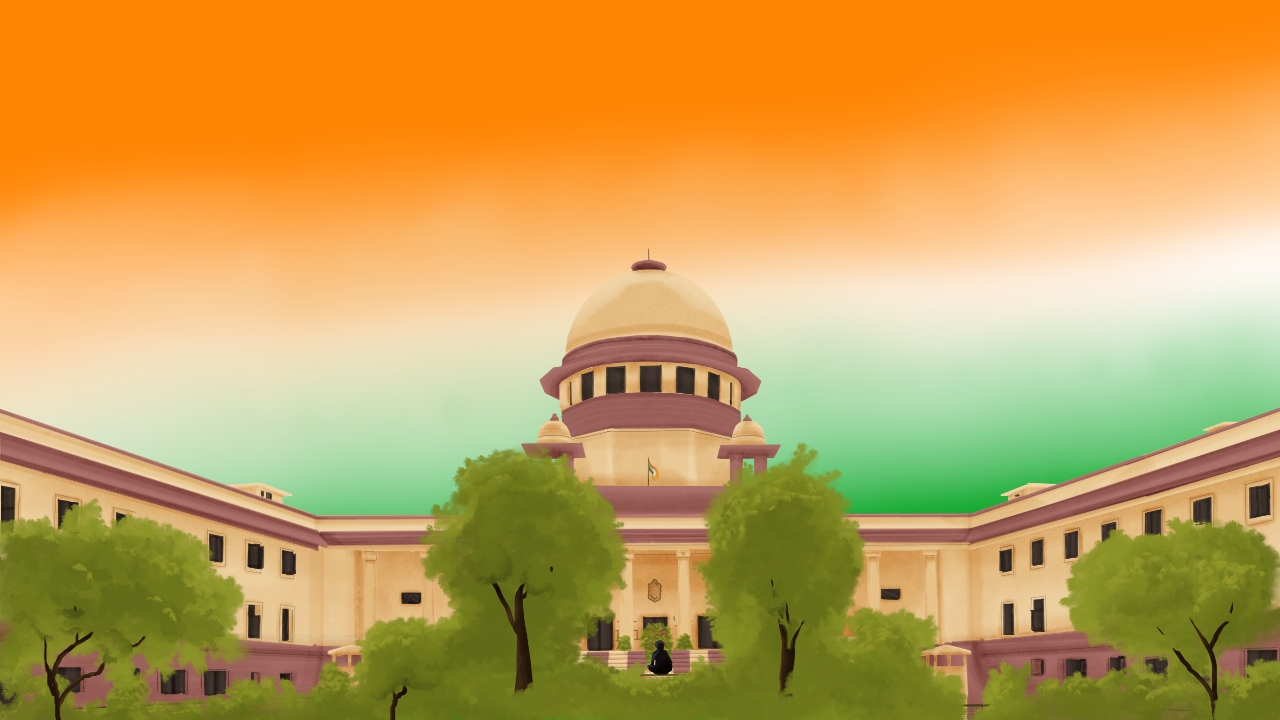Equal Participation Of Physically Disabled Students In Online Classes: Supreme Court Calls For Details Of Representation To Concerned Authorities

Supreme Court today directed the petitioner to file representations already made to the ministry/other authorities and their response, in plea seeking enforcement of Rights under Article 14 & 21 of specially abled students, with regard to conduct of online classes/examination by Educational Institutions.
The petition is moved in light of the change in pattern adopted due to the ongoing pandemic, focussing on challenges faced by students with disability.
Reliance is inter-alia placed on, Section 2(h), Section 8, Section 16 and Section 17 of Rights Of Persons with Disabilities Act, 2016, Jeeja Ghosh v. Union of India, (2016) 7 SCC 761, Disabled Rights Group v. Union of India & Ors., (2018) 2 SCC 397.
A Division Bench of Justice AM Khanwilkar and Justice Sanjiv Khanna, while hearing the plea said,
“Place on record the details of representations made to concerned authorities and their response therein. Formal Application to be filed in the matter within one week. List after one week.”
A writ of Mandamus is sought against the Respondents to issue specific guidelines to all States/UTs/Academic Institutions to ensure that students with disability participate equally in online classes and also take into account the plight of such students while finalizing the exam schedule.
“The universities, college are conducting online classes during the pandemic without considering the various challenges faced by students with disabilities and meeting their access needs and without providing reasonable accommodations to them. Students with disabilities are in a deplorable state with no access to lectures, study materials or assistance for those students who need individualised support,” the plea states.
Highlighting the difficulties faced by Students with disability, the petition enumerates the following points that are manifestly discriminatory and inconsistent with the principle of “inclusive education” under RPWD Act, 2016 and the Fundamental Right to Equality;
- Students with hearing disabilities are not able to participate as the lectures do not have transcripts and there are no sign language interpreters.
- The study materials provided are inaccessible because some contents are in image form and no alternative texts are provided for the description of the images.
- The scanned documents are not properly scanned or not converted via OCR reader.
- Some students with specific disabilities need individualised support in certain subjects that are not being provided within the system of online classes by schools, colleges and universities. Earlier, it was still possible for such students to contact certain organisations providing extra support to these students in terms of converting the material into accessible formats or extra tuition classes, but with the current pandemic situation, such voluntary support is scarcely available to these students.
Read the contents of the plea here: “Challenges of specially abled magnified during pandemic”: Plea in Supreme Court seeks steps to ensure equal participation in online classes & exams
Case Title: Javed Abidi Foundation v. Union of India
